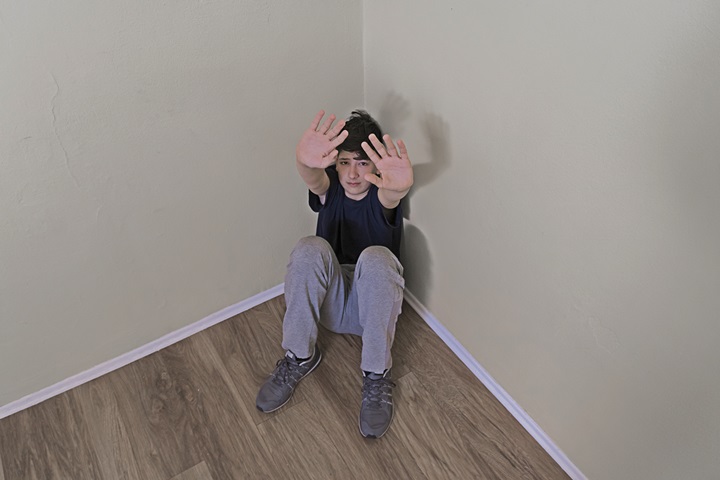
When it comes to dealing with the transition from child to teen, it can often feel like you’re hitting your head against a brick wall. Whether you’re starting to see behavioral issues for the first time, or just don’t know how to deal with them, this article is going to help you regain control of behavior problems in your tween.
Remain calm
As tempting as it is to lose control, this is the worst thing you can do. Maintain a calm and composed exterior to show who’s in charge. Unfortunately, you almost have to treat tweens like toddlers; if they know you’ll snap under pressure, then they’re more likely to act out in future.
Tone down the ‘nagging’ and talk to them like an adult. When you’re addressing behavioral issues, clearly define what you’re not happy with and why. Think about your tone of voice and body language whilst you do this.
Stand your ground
Some behavioral problems in your tween are a result of them trying to imitate adult independence. Create clear rules about what is and isn’t acceptable, and then stick to them. If your tween sees that with enough bad behavior, you’ll change the rules, then they’ll continue to act up in order to get what they want.
This may require you creating some new rules, but if you really want to engage with your tween, then it won’t hurt to ask them their opinion first. Involving them in the decision making process this way will help them to feel responsible and will minimise bad behavior.
Promote an honest environment
Being too harsh on your tween could foster an environment of lying and dishonesty. It’s critical at this stage in their development that you respect their increasing need for privacy but be sure that you promote an honest and open environment at home. Encourage them to talk to you, ask engaging questions, but if they don’t want to tell you, then unfortunately, you can’t push it as this will only make matters worse.
Don’t blame hormones
If you’re seeing behavioral problems in your tween it can be easy to simply blame the hormones and turn a blind eye to it. As much as this might seem like the easiest way out, it can actually cause issues further down the line. Ignoring issues in their early stages – particularly behavioral ones – can let them foster and develop. This can lead to more serious problems later on where your tween might become unruly and unpredictable.
Stay connected
Maintaining a relationship with your tween can seem impossible at times, but perseverance will really pay off. Showing them that you’re available when they need you to be is important. It may be that you find your tween is more likely to open up when there’s no eye contact involved, so go out for a coffee, go for a walk, or even take a drive. Behavioral problems in your tween could relate to them feeling like they can’t communicate with you.
Resources:
https://www.supernanny.co.uk/Advice/-/Parenting-Skills/-/Discipline-and-Reward/From-Sweetheart-to-Monster-~-Understanding-your-Tween.aspx
http://www.parenting.com/article/preventing-tween-behavior-problems
http://www.parenting.com/article/7-ways-to-fix-rude-tween-behavior
{{cta(‘fc72df7e-0a72-4775-8f92-a60d7d716936’)}}


